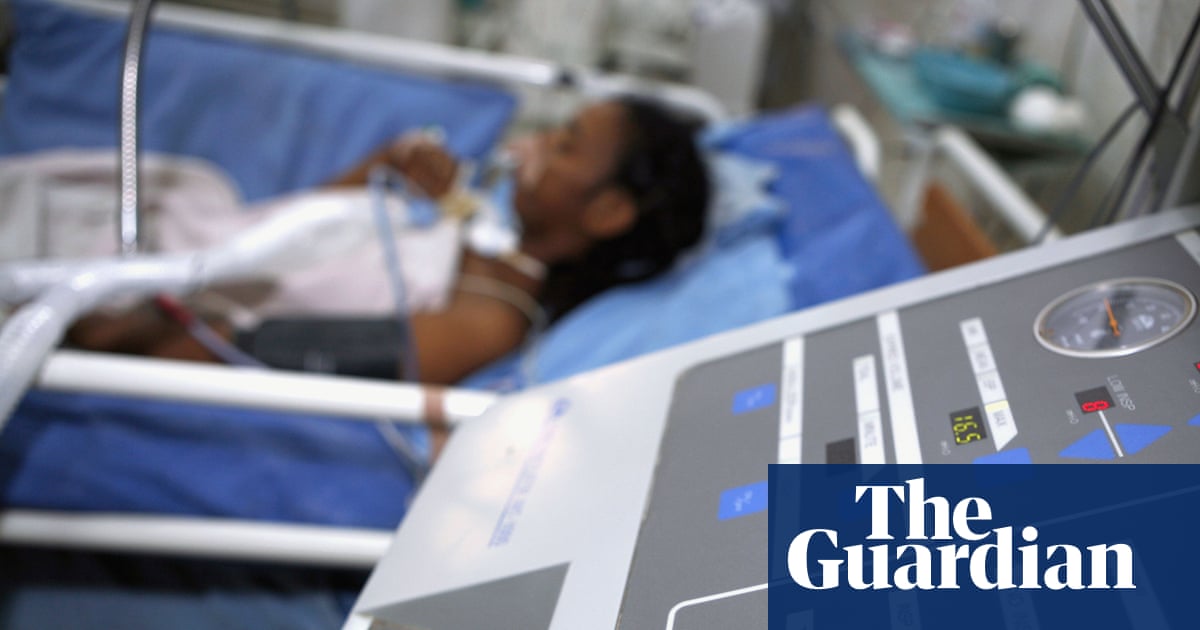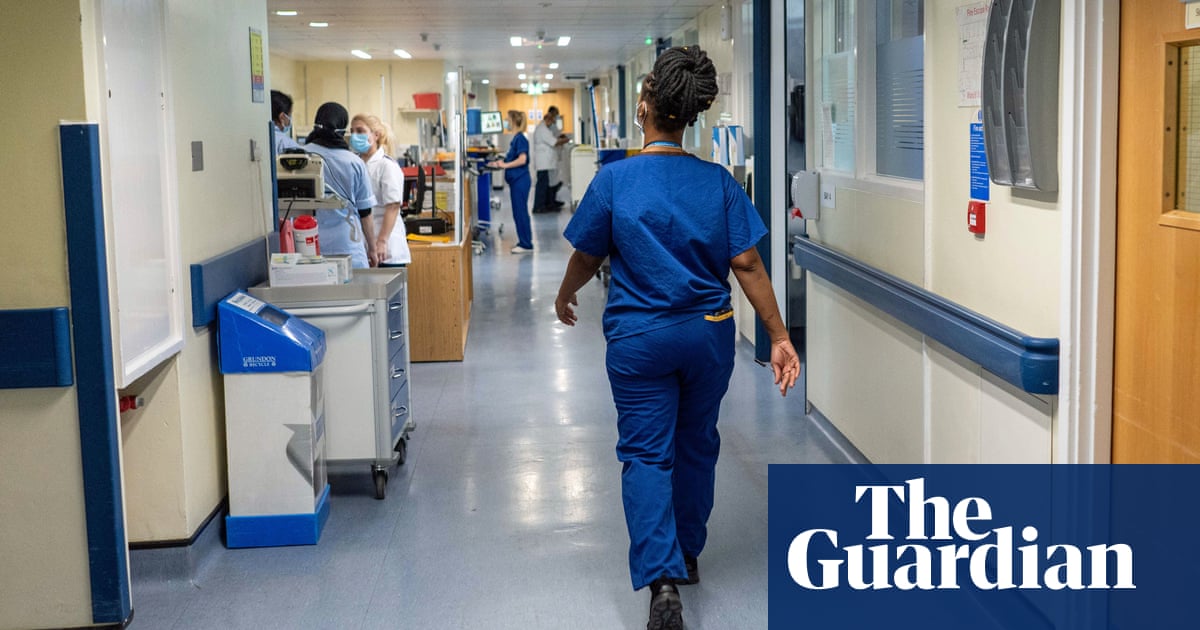
The NHS and social care services in England will need more than 1.1 million extra staff over the next decade to keep up with growing demand, research suggests.
The huge expansion in both workforces would mean those in need get the care they require and ensure that standards of health treatment do not drop. But boosting staff numbers so dramatically would require the government to put up to £86.4bn more into the services, according to the Health Foundation thinktank.
The extra personnel in both sectors will be needed because of the ageing population, a rise in people with long-term illnesses and the backlog of healthcare caused by the Covid pandemic, it says.
The NHS and social care workforces are already facing shortagesand there are fears that the stresses of dealing with Covid, the impact of Brexit and dissatisfaction with pay have all pushed staff out.
“If the government doesn’t take action now to invest in the workforce, the NHS and social care system are likely to face a decade of increasing staff shortages,” said Anita Charlesworth, the thinktank’s director of research.
She said 5.6 million people were already waiting for hospital care and the health service “desperately needs more staff”. The NHS in England has 94,000 vacancies, including for 9,691 doctors and 38,952 nurses. Personnel shortages are the biggest threat to the NHS’s quest to tackle the backlog, she added.
“Despite the more immediate challenges posed by Covid-19, the government must not lose sight of the underlying demand and cost pressures facing the NHS and social care over the long term and the need to plan better to increase the workforce to meet this demand,” Charlesworth said.
The Health Foundation estimates that expanding the NHS workforce by the numbers necessary will cost between £63bn and £72bn by 2030-31. Giving social care the workers it will need will cost between £8.9bn and £14.4bn, it believes.
It also warns the government that although it is already putting huge sums into the NHS, it will have to go even further than the extra investment in health and social care that will follow the 1.25% rise in national insurance starting next April, which will lead to “a major balancing act of priorities”.
Without a commitment to investing the sums it suggests, healthcare could fall “well short of the standards available in western Europe”, the thinktank adds.
Saffron Cordery, the deputy chief executive of NHS Providers, which represents health trusts in England, said: “The gaping chasm between service demand and workforce supply is a huge concern. It must be addressed as a matter of urgency if we are to protect our staff from burnout alongside meeting rising demand pressures and recovering from the Covid-19 pandemic.
“Persistent staff shortages have normalised excessive workloads and stress at work across the NHS, which has led to the loss of far too many of our highly valued staff.”
The Guardian approached the Department of Health and Social Care for a response.












